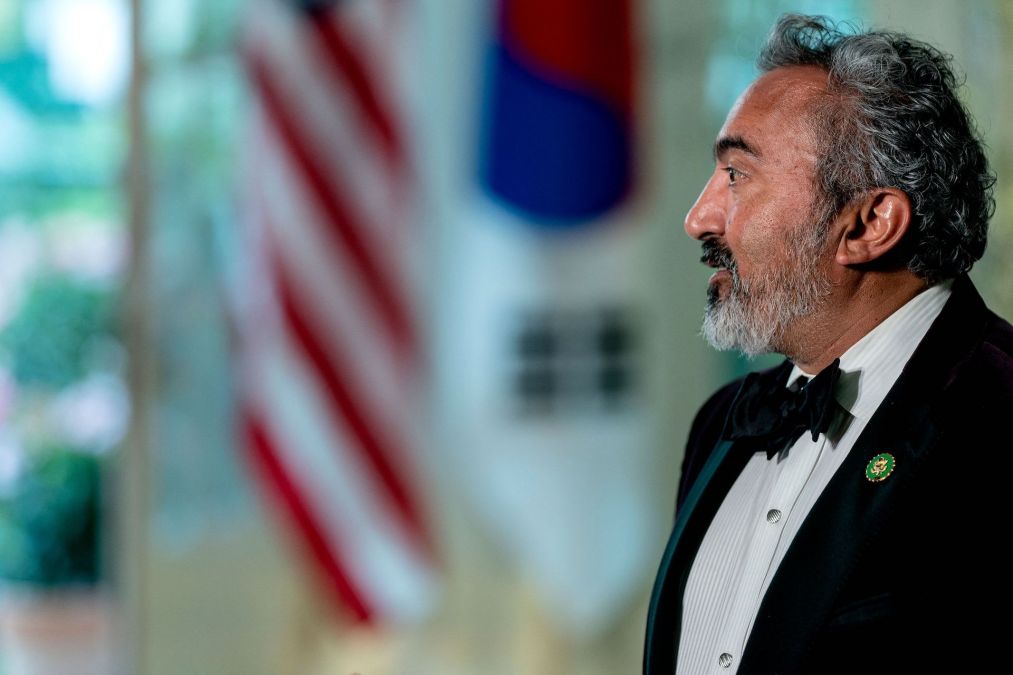With worries about ‘epidemic of loneliness,’ Rep. Ami Bera shares hope for House AI Task Force

Loneliness isn’t an issue frequently brought up during Capitol Hill discussions around the development and adoption of artificial intelligence technologies. But it’s one that is of great concern to Rep. Ami Bera, D-Calif., a member of the House’s new AI Task Force.
“I do worry a lot about this epidemic of loneliness, and you’re seeing that epidemic of loneliness hit young men a lot harder,” Bera said in an interview with FedScoop. “Well, AI can have that ability of someone having a relationship with an artificial being on a computer, right? Those models already exist. Human interaction is incredibly important to our growth and development, our personality and development, our happiness. Does AI take folks into a very different place where it just continues this isolation?”
The California Democrat — who spent 20 years as a physician before his time in Congress and now serves on the House Select Subcommittee on the Coronavirus Pandemic — told FedScoop that the task force could do some “important work” with pandemic preparedness and global health security. Bera is also the ranking member of the Committee on Foreign Affairs’ Indo-Pacific Subcommittee and a member of both the National Intelligence Enterprise and National Security Agency and Cyber subcommittees under the Permanent Select Committee on Intelligence.
Bera shared that he’s thinking about how AI can enhance patient care outcomes, the implications of generative AI on mental health and that Congress should have a dialogue with industry leaders for education purposes. He added that he is largely focused on healthcare because that is the topic through which he believes he can make the “biggest contribution” to the task force.
“I think AI, if applied correctly, could really enhance patient-care outcomes, can enhance a physician’s ability to make the diagnosis in a much more expedient way,” Bera said. “That takes some of the administrative burden off of the physician so then they can have that doctor-patient interaction, which is what most of us went to medical school for.”
The congressman noted that physician groups are worried that the technology could change how medical personnel operate. However, some are embracing how AI tools can make things like billing and charting easier and more streamlined.
Bera said that he isn’t starting from a place of fear for workforce displacement, “because we already have workforce concerns.” Instead, he predicted that patients won’t want to talk to a computer, and instead will want their provider to speak to them and interpret the information that the computer is giving them.
In addition to his focus on healthcare, Bera wants the work Congress does for AI governance to involve the private sector.
In response to AI’s developments and the call to govern and place guardrails on the technology, the representative said he would nurture private-public sector relationships by inviting industry leaders and doctor groups to share their insights and how they’re thinking about AI.
“I would invite industry, invite the doctor groups, invite the technology groups to get a sense of how are they thinking about AI,” Bera said. “To also, get a sense of what are the questions we should be asking…I think it should be a public-private partnership.”



